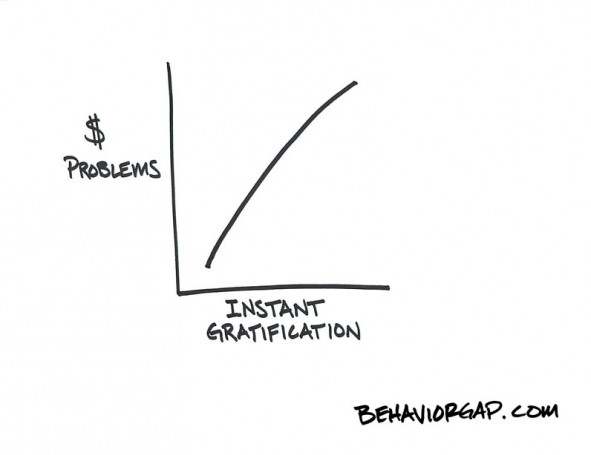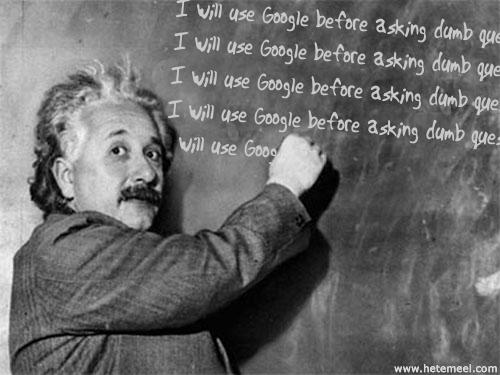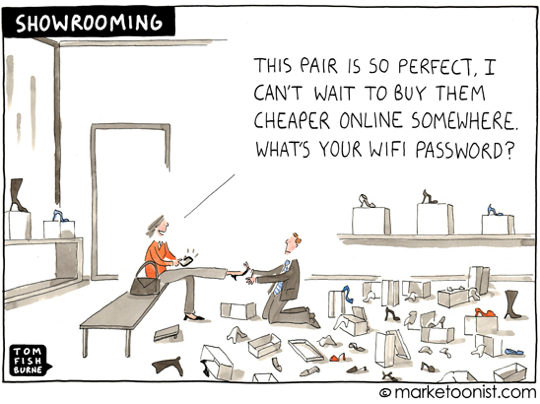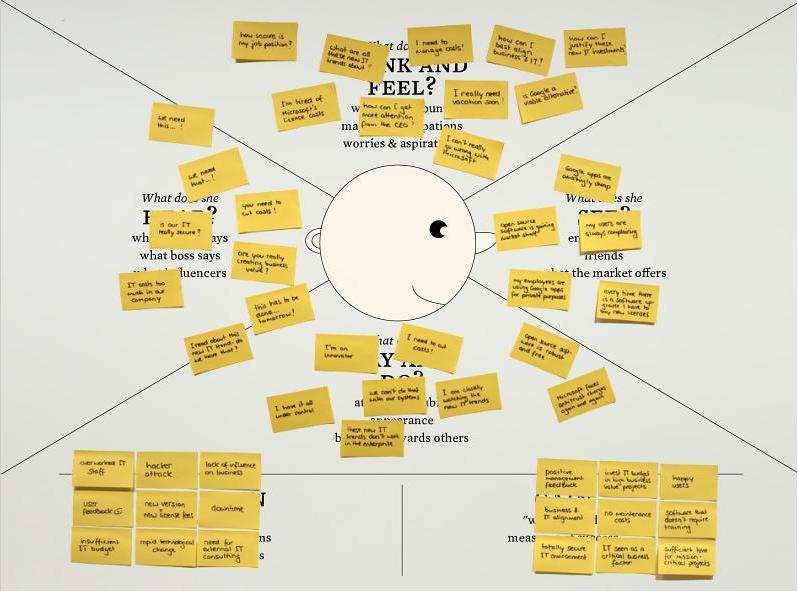170 Financial Planner, Do You Still Make The Mistake To Solve Your Client’s Problem?

Good financial planners, we’ve long been told, are skilled problem solvers. They can assess people’s needs, analyze their predicaments, and deliver the optimal solution.
But today, when information is ubiquitous, the ability to solving problems matters relatively less.










